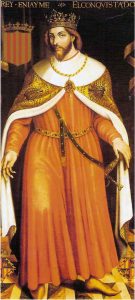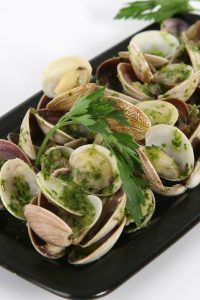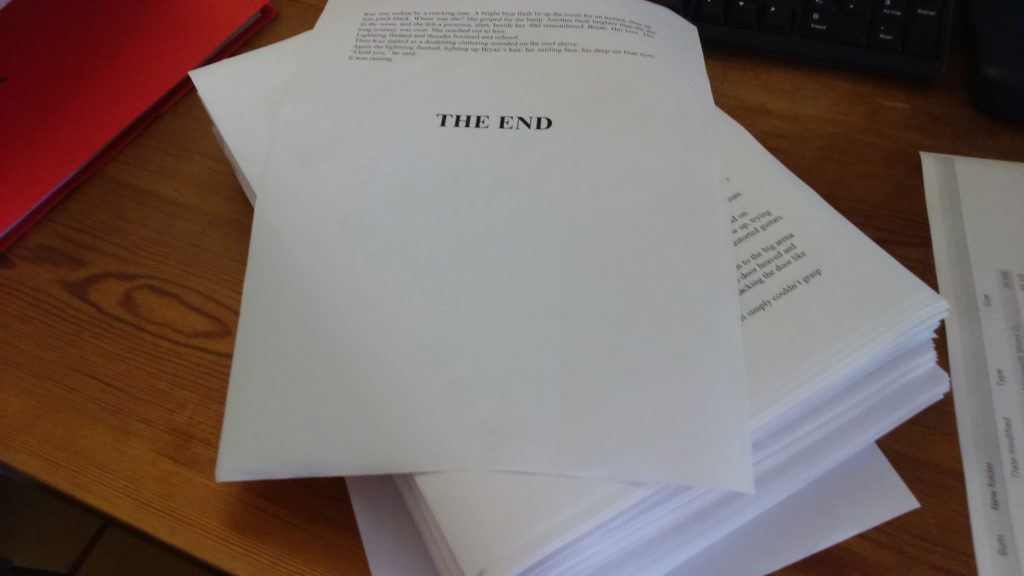
Jaume 1
Metro station in downtown Barcelona, named after Jaume el Conqueridor (James I of Aragon, aka the Conquerer). Pronounced JOWmeh (as in jowl) preeMEH, Jaume 1 (1208 to 1276) was the longest reigning Iberian monarch, King of Aragon, Count of Barcelona, and Lord of Montpellier from 1213 to 1276; King of Mallorca from 1231 to 1276; and Valencia from 1238 to 1276. This was long before the current territorial divisions (before Catalonia was a thing), when the Castilians under Ferdinand III and the Aragonese were taking back the Iberian peninsula from the Moors; Jaume 1 expanded the Aragonese territories to Languedoc, the Balearic Islands and Valencia, and also took the county of Barcelona from nominal French suzerainty and integrated it into the crown. Jaume is also highly regarded as a legislator and organiser. He compiled the Llibre del Consolat de Mar which governed maritime trade and helped establish Catalan-Aragonese supremacy in the western Mediterranean, and he was instrumental in the development of the Catalan language and literature. The Llibre dels fets is his quasi-autobiographical chronicle of his reign.

Joan
I once heard some visitor to Bcn on a tourist forum raving about Joan Miró and ‘her’ paintings. Back before the heady days of avatars and profile pics, I had a friend called Joan who was constantly mistaken for a woman by business correspondents. (He was also mistaken for a spy in the US, and he once hjiacked a public transport bus in Moscow, in the days of the Soviet Union, so admittedly he was quite a character). So he started using ‘John’ for his letterheads. Then he completely screwed up by having the brilliant idea of translating his street name – el carrer del Bisbe Sivilla – into English: The Bishop Siville Street. After which he was bemused not to get any replies to his letters at all.
Whatever, Joan is a man’s name, pronounced JooANN, equivalent to Castilian Juan, i.e. John, Johan (as in Johan Cruyff), all of which derive from Medieval Latin Johannes. The female equivalent is Joanna.
Jordi
Probably one of the most popular names in Catalonia – after all, Sant Jordi is the patron saint (we’ll talk about him and his famous day when we get to S). Being a language lover, I decided to trace the name right back. Jordi, George, Jorge, Jürgen and a host of variants, go back to Ancient Greek Georgios. But there’s more: Georgios combines ‘ge’ meaning earth, land, ground (as in geography, geology) and ‘ergon’, meaning deed, work (as in en-ergy, ergonomic), so georgios is a person who works the land – a farmer. Despite having studied ancient Greek to a high level, I had honestly never realised this until now. Live and learn. (BTW the female name is Jordina).
Julivert
Pronounced jooleeVAIRT, this is parsley. All i julivert –garlic and parsley– is a typical traditional seasoning for meat, liver, fish, mushrooms and all sorts of dishes. You chop a couple of garlic cloves and a handful of parsley very fine and add it at the end of the cooking with olive oil. It’s a bit labour intensive, and now you can buy all i julivert ready-made, freeze-dried, deep-frozen… or you can do what I learned from a TV chef: blitz it with olive oil in the processor or hand blender and keep in a glass jar in the fridge. Add a spoonful to anything – especially anything tasteless. By the way, never buy parsley; get it for free at the butcher, fishmonger or greengrocer. Just ask for ‘una mica de julivert, sisplau’ . Keep it in an attractive jar with water and a pinch of sugar – it will perk up and stay pretty and decorative for days.



